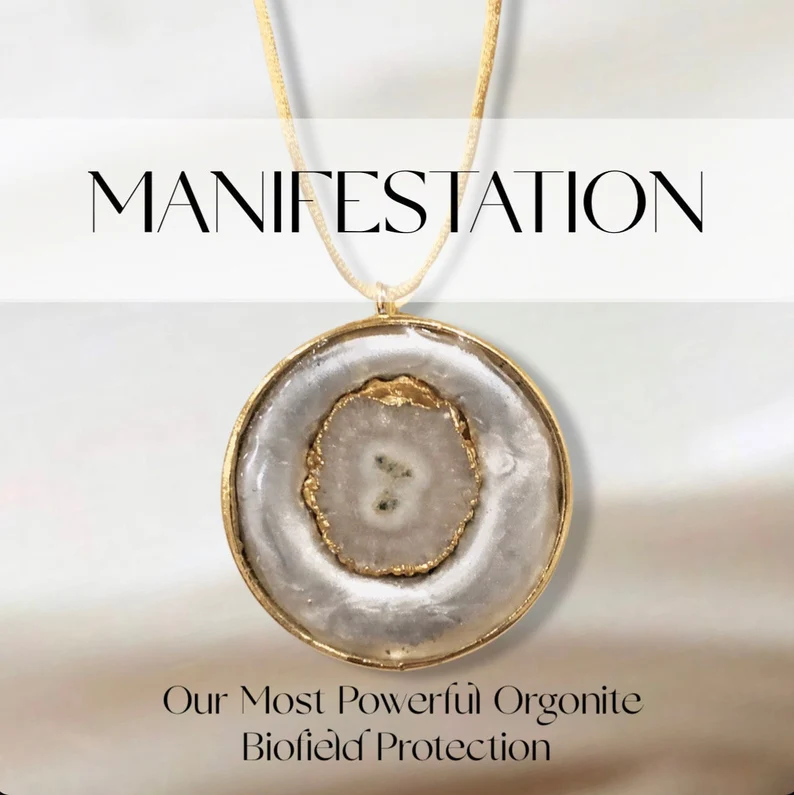Jewelry Appraisers: Guardians of the True Worth of Precious Adornments
Introduction
Behind every exquisite piece of jewelry lies a story of craftsmanship, artistry, and individuality. To unveil the true worth of these treasures, we turn to jewelry appraisers, the unsung heroes of the jewelry world. These professionals possess the unique skill of assessing and valuing jewelry, ensuring that its significance and value are recognized. In this blog post, we delve into the fascinating world of jewelry appraisers, exploring their role, qualifications, and the importance of their expertise.

1. The Role of Jewelry Appraisers
Jewelry appraisers play a vital role in the world of jewelry for several reasons:
- Accurate Valuation: They determine the monetary value of jewelry based on its quality, materials, and market trends.
- Insurance: Appraisals are essential for obtaining insurance coverage to protect jewelry against loss, theft, or damage.
- Estate Planning: Appraisers assist in fair distribution and tax planning when passing down jewelry through generations.
- Resale and Auctions: For those looking to sell their jewelry, appraisals provide a clear understanding of its market value.
2. Qualifications of Jewelry Appraisers
Qualified appraisers possess specific qualifications and skills:
- Education: They often have gemological education and training in jewelry appraisal.
- Certifications: Many appraisers hold certifications from reputable organizations like the Gemological Institute of America (GIA).
- Experience: Appraisers gain expertise through years of practical experience in evaluating jewelry.
- Independence: Reputable appraisers are independent and unbiased, ensuring fair and accurate assessments.
3. Types of Jewelry Appraisals
There are different types of jewelry appraisals, each serving a specific purpose:
- Insurance Appraisals: These determine the replacement value of jewelry for insurance purposes.
- Estate Appraisals: Used for estate planning and taxation, these appraisals assess the fair market value of jewelry.
- Resale Appraisals: When selling jewelry, appraisals estimate its market value to determine a fair selling price.
4. The Appraisal Process
The jewelry appraisal process involves several steps:
- Examination: The appraiser thoroughly examines the jewelry, assessing its quality, materials, and condition.
- Gemstone Identification: Gemstones are identified and graded based on the four Cs (carat weight, cut, color, and clarity).
- Metal Assessment: The metal’s purity, weight, and craftsmanship are evaluated.
- Market Research: Appraisers research current market trends and prices for similar items.
- Report: A detailed report is created, including photographs and a description of the item, along with its appraised value.
5. Importance of Regular Appraisals
Jewelry values can change over time due to market fluctuations or changes in condition. It’s advisable to update your appraisals every few years to ensure your coverage remains adequate.
6. Trusting the Expertise of Appraisers
Jewelry appraisers are not just professionals; they are guardians of the true worth and significance of precious adornments. Their expertise ensures that your jewelry is valued accurately and protected, allowing you to cherish its beauty and sentimental value for generations to come.
Conclusion: Preserving the Legacy of Precious Jewelry
Jewelry appraisers are the unsung heroes who safeguard the legacy of precious jewelry. Their expertise, qualifications, and unbiased assessments ensure that the true worth of these treasures is recognized and protected. Whether it’s for insurance, estate planning, or selling, their role is indispensable in preserving the value and significance of our most cherished adornments.
